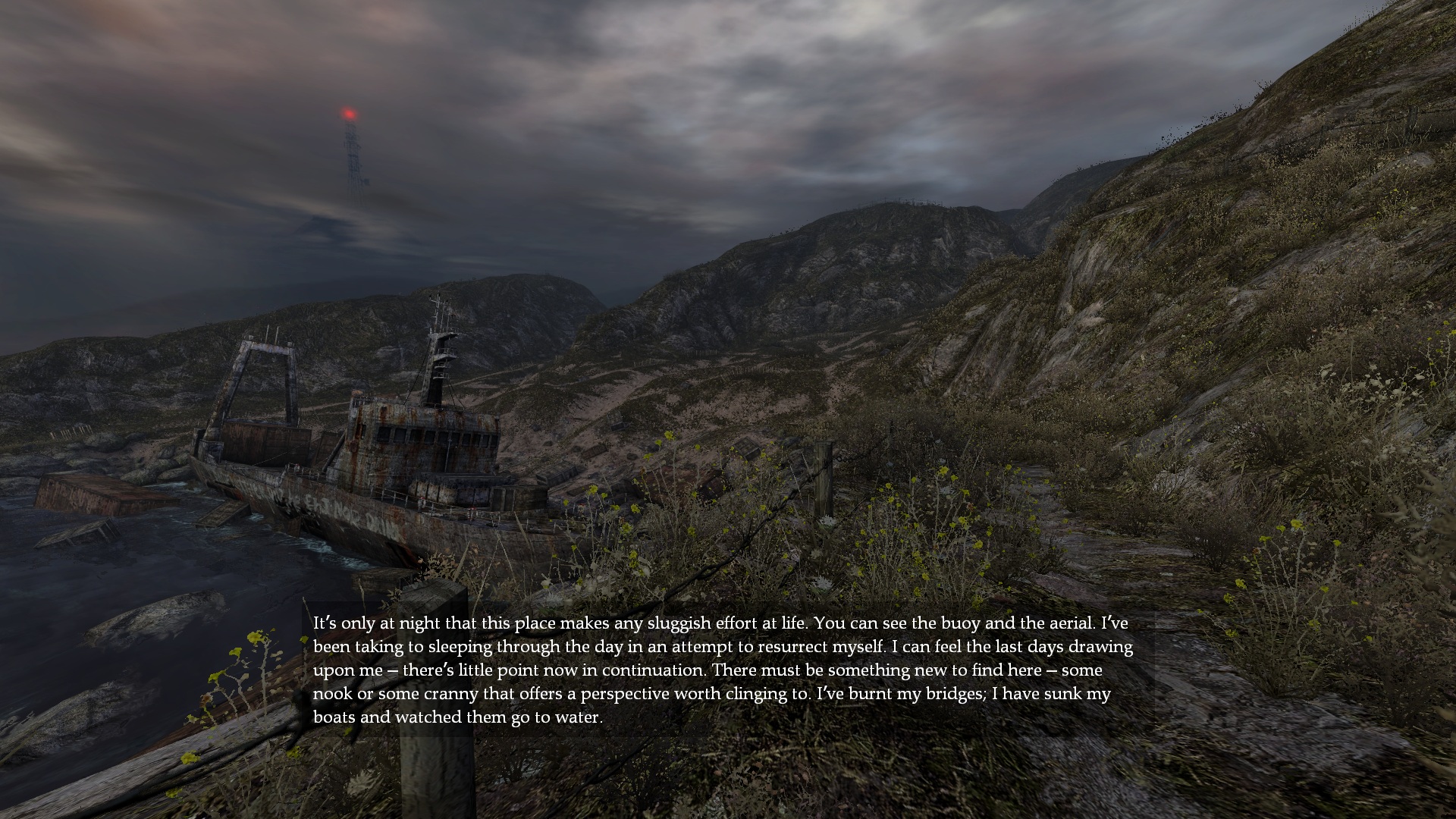

So, when they challenge me the next time, they anticipate that movement. However, my opponent may realize that, when challenged, I always go to my left. For example, in soccer, the rules do not stipulate what direction I may dribble the ball when challenged by an opponent. However, to frame videogame literacy only in terms of the specific interaction between player and game is to woefully misunderstand exactly what videogames are and the range of activities videogame players engage in when they play.Ī useful way to think about this broader range of activities is in terms of “metagaming.” Conventionally, metagaming is defined as the analytic and strategic activities not designed into the game rules but that emerge when players develop a history with a game and the players who play it. Yes, to play a game, one must engage with it as a player and experience its challenges first-hand. In other words, videogame literacy is achieved not only through direct interaction with the game itself. As she plays, she continually assesses the state of the system, looks for opportunities to take advantage, identifies and implements the best strategy, modifies or glitch the rules to improve the experience. “We must also learn to be playful in them.” Videogames are, at heart, interactive systems that govern and evaluate performance.Īnna Anthropy would agree: “A painting conveys what it’s like to experience the subject as an image a game conveys what it’s like to experience the subject as a system of rules.” The player of games doesn’t just play within the system of rules, Anthropy explains, she plays with the rules. “It is not enough to merely be a systems-literate person to understand systems in an analytic sense,” he writes. One way to do this, Zimmerman argues, is to play videogames.

The mercurial and self-obfuscating nature of that intertwining poses real challenges to our individual and collective capacity to identify those systems, to map them and our relationship to them, and to generate critical perspective and empowering practice. In “ Manifesto for a Ludic Century,” Eric Zimmerman argues that the “increasingly systemic, modular, customizable, and participatory” nature of technoculture intertwines us in deep, complex, intimate, often unrecognizable ways with economic and governmental power. Videogame literacy isn’t just about videogames, but about literature And how we understand “videogame literacy” shouldn’t be constrained by thinking of videogames only in terms of keyboards, consoles, controllers, and monitors. This is one reason why games are finding their way onto the syllabi and curricula of literature departments.īut the argument for treating videogames as literature shouldn’t depend solely on the question of whether or how well games compare with recognizably “literary” things like novels, plays, poems, and movies. And though they require a bit of recalibration to do the job, the tools of literary analysis prove quite useful for consideration of the narratives, dialogue, characters, settings, themes, and imagery of videogames. The whispers that accompany us as we journey across the Hebridean landscape of Dear Esther(2012) spur memories of the echoing chambers of the late Beckett. The sensuous violence of With Those We Love Alive (2014) compares with Cronenberg and Le Guin. GLaDOS, the artificial intelligence that taunts us through the tricks and traps of Portal (2007), is cousin to the malevolent narrators of Poe, Jackson, and Ellis.

Fans of Faulkner and Márquez will appreciate the shifting narrative focalization and dense intertextuality of Kentucky Route Zero (2013). Readers of Orwell and Atwood will savor BioShock ’s (2007) dystopian spin on Ayn Rand’s libertarian philosophy. For those who study and teach literature-whether prose fiction, poetry, and drama, or newer literatures like film, television, and comics-videogames are a diverse and rewarding pursuit.


 0 kommentar(er)
0 kommentar(er)
